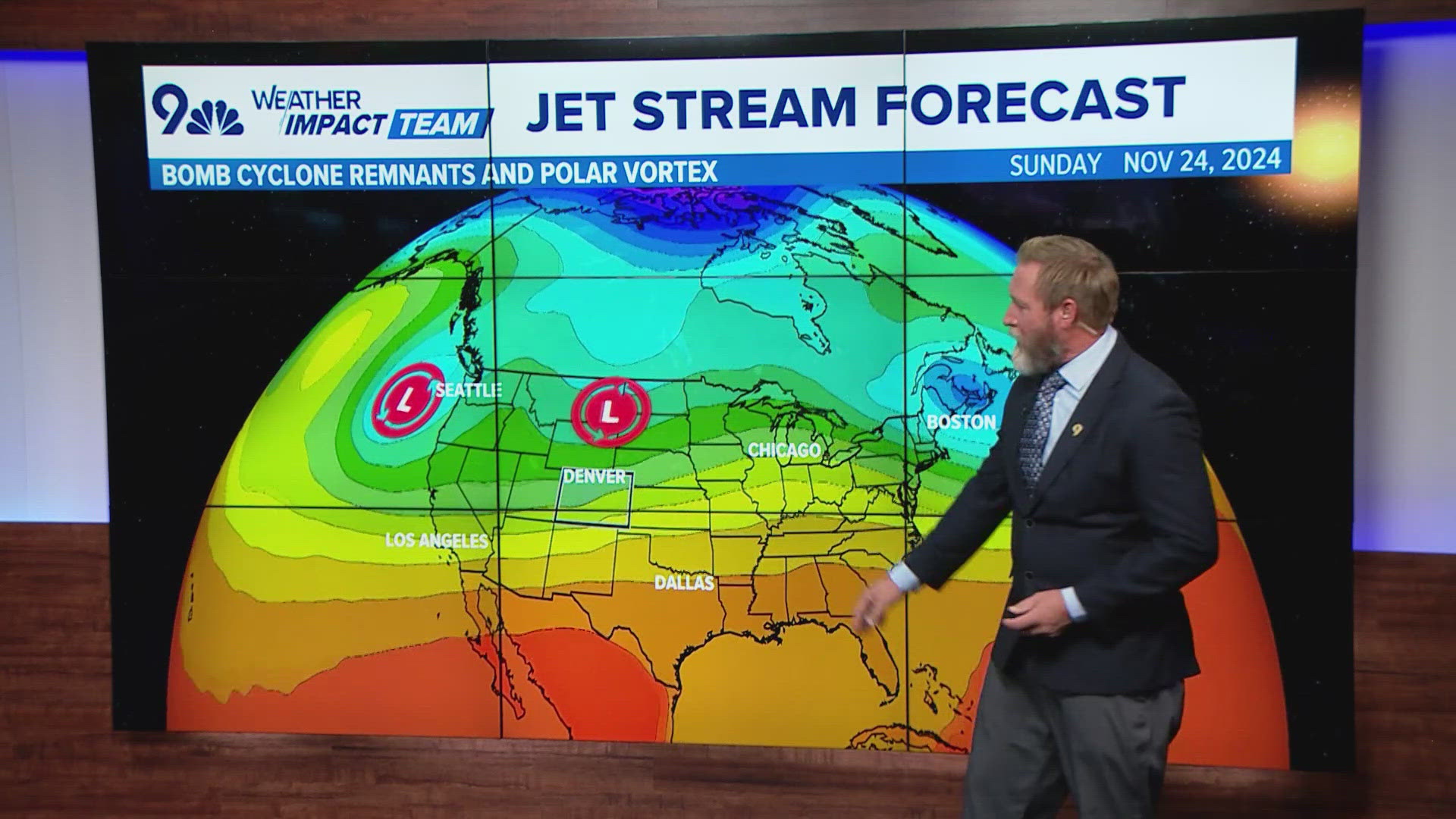In a report titled "Torched and Burned: Why Does Colorado Subsidize the World's Most Profitable Industry?", the group found disparities between Colorado's severance tax policies and those of its neighbors.
They said if Colorado's oil and gas wells were located a few hundred miles to the north in Wyoming, the state would have collected $1.3 billion more in severance taxes between 2002 and 2006.
"We are offering up our natural resources to the oil and gas industry at blue-light special prices. Our neighbors in Wyoming, Oklahoma, and New Mexico are charging a fair price for the same oil and natural gas we are giving away almost free in some Colorado counties," said Randy Udall, director of the Community Office for Resource Efficiency in Aspen.
Udall said in 2005 Colorado collected $132 million in severance taxes on the $6.5 billion of oil and gas produced in 2004. The coalition said an identical amount of production would have generated $382 million in Wyoming and $479 million in New Mexico.
According to Udall, three-quarters of Colorado's producing oil and gas wells pay no tax at all because of an exemption was designed to encourage producers to continue operating older, less profitable wells.
A telephone message left for a spokeswoman for the Colorado Oil and Gas Association wasn't immediately returned.
A state audit in August showed wide disparity in the way severance tax revenue is distributed.
The taxes are collected from oil and gas producers and are supposed to compensate communities adversely affected by oil, gas and mineral extraction. Set amounts are distributed depending on which industry employees live in a community.
However, auditors said the distribution formula, which is intended to give money to communities most impacted by production, often does not fully address the impact the industry has on housing, roads, water and sewerage.
Lawmakers said any attempt to change the formula will have a major impact on local communities that depend on the revenue for local services, and they expect a bitter fight after a task force reviewing the formula completes its work and recommends changes later this year.

